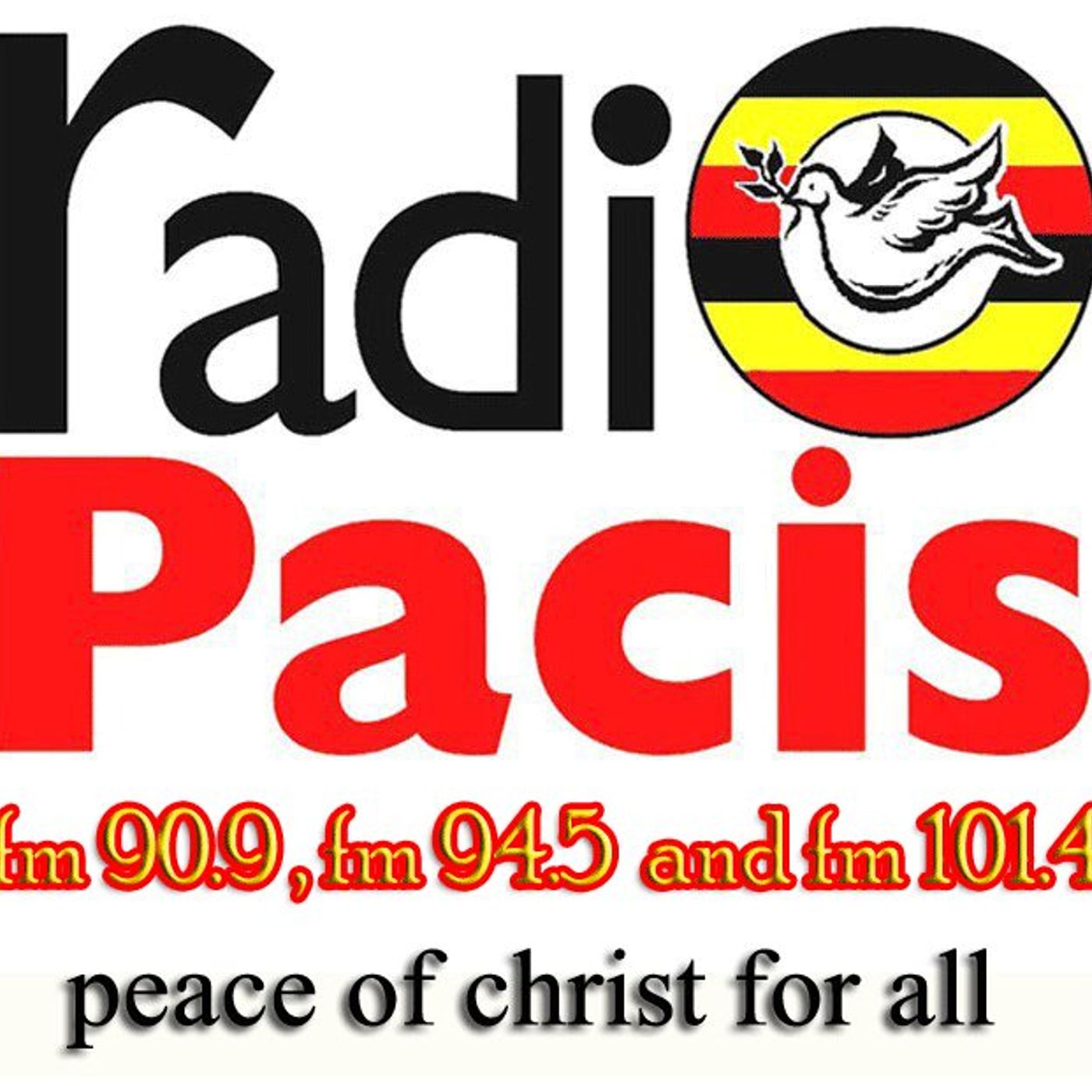- Culture
- SEE MORE
- classical
- general
- talk
- News
- Family
- Bürgerfunk
- pop
- Islam
- soul
- jazz
- Comedy
- humor
- wissenschaft
- opera
- baroque
- gesellschaft
- theater
- Local
- alternative
- electro
- rock
- rap
- lifestyle
- Music
- como
- RNE
- ballads
- greek
- Buddhism
- deportes
- christian
- Technology
- piano
- djs
- Dance
- dutch
- flamenco
- social
- hope
- christian rock
- academia
- afrique
- Business
- musique
- ελληνική-μουσική
- religion
- World radio
- Zarzuela
- travel
- World
- NFL
- media
- Art
- public
- Sports
- Gospel
- st.
- baptist
- Leisure
- Kids & Family
- musical
- club
- Health & Fitness
- True Crime
- Fiction
- children
- Society & Culture
- TV & Film
- gold
- kunst
- música
- gay
- Natural
- a
- francais
- bach
- economics
- kultur
- evangelical
- tech
- Opinion
- Government
- gaming
- College
- technik
- History
- Jesus
- Health
- movies
- radio
- services
- Church
- podcast
- Education
- international
- Transportation
- Other
- kids
- podcasts
- philadelphia
- Noticias
- love
- sport
- Salud
- film
- and
- 4chan
- Disco
- Stories
- fashion
- Arts
- interviews
- hardstyle
- entertainment
- humour
- medieval
- literature
- alma
- Cultura
- video
- TV
- Science
- en
ANENA ROSEMARY

How effective were the scientific campaigns to people with disabilities?
By Rosemary Anena
In June last year, the Chairperson of the Electoral Commission Justice James Byabakama announced that the 2021 General Elections would involve the use of scientific methods of campaigning. The measure, the Electoral Commission, argued was to ensure that candidates stick to the standard operating procedure against Covid-19.
The scientific campaigns majorly involved the use of print, electronic and social media. But did persons with hearing and visual impairment access the needed information from candidates to be able to make informed choice on voting?
This is what I sought to find out from Amuru district where i interacted with persons living with different forms of disabilities.
Bosco Oloya a resident of Pawel village, Lalem Parish, Opara Sub county, who is visually impaired says some programs locally known as wang oo which has been adopted by politicians, does not favor them who are visual impaired because they cannot move at night. He also adds that they are limited when it comes to information regarding civic education, because of their inability to move from places to places. He further reveals that the biggest problem we encountered was on voting days where young children were asked to help them tick the candidate they want, but no knowing that their thumbs can accidentally make their votes to be invalid when we are folding the ballot paper.
Samuel Komakech a cripple urges future politicians to comes along with a sign language translator who can make the deaf understand what they will do for them once they elect them for any positions. My humble appeal to the government is to educate more sign language translators because it will in a long run help our brethren who are deaf person.
Kala Akello a resident of Atyak Town council who is also visually impaired says she never had a chance to listen to all the candidates because she had no one to take her to the rallies since all 8 children are already married and besides, her husband too is visually impaired which has affected her choices in electing the leader of her choice.
Francis Nyeko the elected representative for persons with disability in Amuru District says he wish to change the fact that people still looked at them as irrelevant. But their brains can still work well like for any abled body. He also wish to form groups so that lobbying for government support would be easy and would also help them to support their children’s education.
However, Benson Obete the returning officer for Gulu City encourages these people not to shy away from politics. He also assures the blind that they may have their own ballot papers in future. they hope to plan for every citizen
Tony Kitara a Lawyer in Gulu appeals to the electoral commission to fully cater for the rights of persons with disability and older person in regards to elections.
"There should be a provision in the law that makes it easy for person with disability to participate in the electioneering process just like other persons. Person of good will should push and move parliament make these necessary amendments. Rights are not served in a silver plate; people do fight for them. They should themselves advocate for these. And Even in their interest group there’s a lot of money aspect of it so in that way, there representatives are not even getting their mandate correctly and so, they are not being represented. These people are suffering but unfortunately, there are suffering painfully in silence.”
Authur Owor a researcher and political analyst in Gulu urge electoral commission to start thinking of physical access for persons with disability and sensitize them more even before elections are nearing, he said how to response to these some of these problems should be included in their curriculum.
According to 2014 population census, 16% of Ugandans are persons with disability. However for West Acholi(Amuru, Gulu, Nwoya and Omoro)shows that 57.2% of total population of people in West Acholi have visual impairment, 36.2% have hearing impairment, 43.5% have physical disability, 59.7% have remembering disability. Meanwhile, 30.4% of the total population in Amuru have multiple disability Gulu have 28.1%, Nwoya has 34.1% and Omoro has 32.0%. Northern Region is said to have got the highest number of disabled persons because of war-related injuries and limited access to treatment or vaccinations for illnesses.